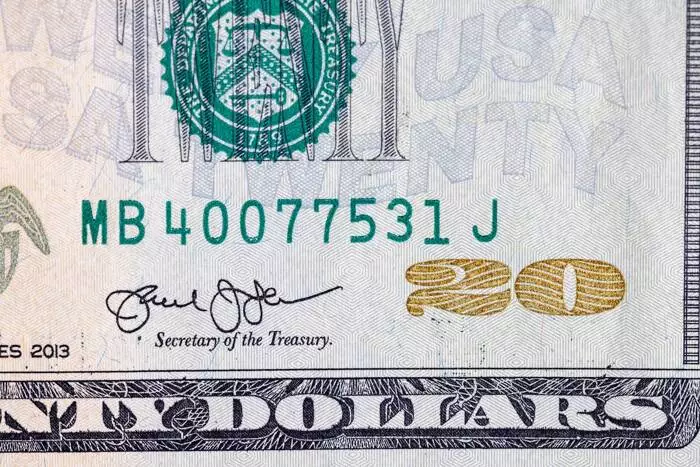President Joe Biden has confirmed his presence at the upcoming inauguration ceremony of Donald Trump, making a notable departure from the last inauguration in which outgoing President Trump did not attend Biden’s swearing-in. This show of courtesy underlines a crucial moment in American democracy, one that emphasizes the peaceful transfer of power, even amidst political tensions. Additionally, in an unusual twist, world leaders, including China’s President Xi Jinping, have been invited to this high-profile occasion, marking the first instance of such a gathering of international figures at a presidential inauguration. Although Xi Jinping will not be attending, Vice President Han Zheng will represent China, demonstrating the global significance placed on this event. Key business personalities like Elon Musk, Jeff Bezos, Mark Zuckerberg, and Sam Altman are also anticipated to make an appearance, highlighting the intertwining of politics and the tech industry.
As Trump prepares to take office once again, he has been vocal about his intentions to address illegal immigration with a starkly different approach than his predecessor. Promising a robust strategy that he claims will lead to the largest mass deportation program in U.S. history, Trump is making headlines with ambitious goals, portraying undocumented migrants predominantly as criminals. This stance has ignited considerable debate, polarizing public opinion and reigniting discussions around immigration reform. Critics argue that such measures are not only inhumane but also detrimental to America’s diverse societal fabric, while supporters view it as necessary for national security.
Another significant aspect of Trump’s anticipated administration is his commitment to protecting American industries through increased trade tariffs. Drawing on protectionist policies from his first term, this economic strategy aims to bolster local businesses albeit at the risk of straining international relations. Trump’s previous assertion that he would not be a “dictator,” aside from his initial day in office, further complicates the narrative surrounding his governance style. This statement has prompted widespread debate about his potential to spur authoritarian governance, raising valid concerns about his administration’s impact on civil liberties.
The initial days of any new administration often herald significant shifts, with Trump’s promising to be particularly eventful. Financial analysts predict that his ascendancy may invoke heightened volatility across various asset classes, including currencies, bonds, stocks, and commodities. Trump is expected to set out over a hundred executive orders on day one, which is not entirely unusual for incoming presidents, but the quantity signals his eagerness to swiftly implement his agenda. Among these orders, it is expected that immigration policy, energy deregulation, trade, and federal employment contracts will be focal points, alongside efforts to reverse Bidenian policies still in process.
As America braces for this new chapter under Trump’s leadership, the political landscape is ripe for contention and transformation. The actions taken in those initial days will not only define his term but also shape the national debate on key issues such as immigration and economic policy. The predictions of volatility across financial markets and civil discourse reflect the uncertain waters that lie ahead, as both supporters and detractors closely watch Trump’s re-emergence in the political arena.

